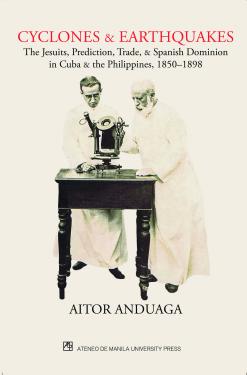
This book addresses these issues and shows how the Spanish Jesuits and military engineers sent to these islands became active participants in the development of meteorology and the earth sciences. This book is an original, rigorous, and well-documented study of how two central fields of scientific prevention--cyclone prediction and earthquake-resistant construction--have their roots in the commercial, military, and educational context of late-nineteenth-century Spanish insular possessions. Drawing on a wide variety of archival sources and primary literature, the book shows the complexity and multi-sided nature of modern science, in particular the science of prevention.
How was scientific knowledge produced in a colonial context? Furthermore, how was it possible that two colonies such as Cuba and the Philippines could have among the most notable scientific achievements in the history of nineteenth-century Spain? And what happened when these achievements were driven by a religious order like the Society of Jesus? Drawing on a wide variety of archival sources and primary literature, Cyclones and Earthquakes answers these questions, and shows how the Spanish Jesuits and military engineers sent to the Philippines became active participants in the development of meteorology and the earth sciences. It is an original, rigorous, and well-documented study of how two central fields of scientific prevention have their roots in the commercial, military, and educational context of late-nineteenth century Spanish insular possessions.
Published in 2017.




